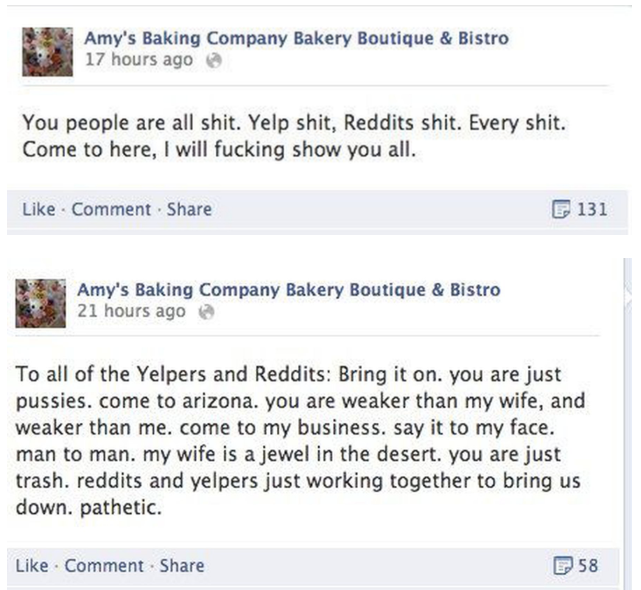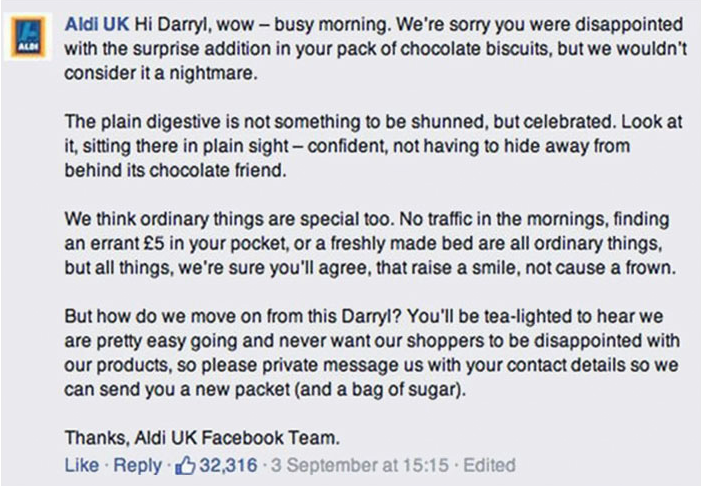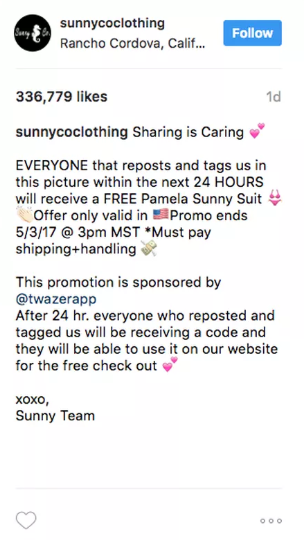Your online presence can be the reason your brand rises to amazing success.
Or it can be your ultimate downfall.
It all depends on whether you get good or bad press.
Take Wendy’s, for example.
Back in 2016, Wendy’s social media manager innocently posted a meme of Pepe the Frog on the company’s Twitter account.
What he didn’t know was that Pepe the Frog had since transformed from a cute cartoon frog into a symbol of white supremacy and racism.
Imagine the response it got.
Complaints swamp @Wendys for tweeting an image of nationalist meme Pepe the Frog https://t.co/hS5Gi9yk2R #socialmedia #smm #marketing pic.twitter.com/4D6VnkZvck
— Nat (@__nca) January 5, 2017
Now, you don’t want bad press like that for your brand!
But is it possible to eliminate it entirely in a world where users are entitled to express their opinions freely online?
Well, no.
But there are ways to avoid or even tone down bad press when it hits you.
Let’s look at some of them.
10 Tips for Avoiding and Dealing with Bad Press
These 10 proven tips will help you keep away from the vulgar and ugly side of online publicity.
1. Do Your Research
It’s OK for your brand to have a fun, witty, even snarky voice.
You can even express strong opinions to get attention.
But always remember to do enough research before posting anything online.
As with the example above, Wendy’s social media manager posted the anti-semantic meme of Pepe the Frog because he didn’t know it had taken on a new meaning.

Remember, you don’t need to spend hours on your research.
A quick Google search will tell you whether something is safe to post.
2. Stay Away from Controversy
While there are ways to use controversy to spark up interest for your brand, stay away from sensitive subjects like:
- Politics
- Religion
- Sexuality
- Abuse
- Racism
For example, when IHOP retweeted a controversial post about Hilary Clinton’s campaign, it provoked a ton of reactions.
The pancake house was forced to take the post down and claim its account had been hacked.

Here’s another example from McDonald’s.

This political post garnered the hashtag #BoycottMcDonald’s from angry Trump supporters.
3. Avoid Stoking the Flames
It’s bad enough to get hit by bad press.
It gets even worse if you retaliate with angry comments of your own.
Take, for instance, Amy’s Baking Company.
Back in 2013, the restaurant was featured on FOX’s “Kitchen Nightmares“.
Not long after the feature, the restaurant’s Facebook page was slammed by Redditors.
Angered by their comments, owners Amy and Samy Bouzaglo retaliated with their own vulgar statuses.

While it’s OK to post statuses like these on your personal account (well, not really), never do it on your brand’s account.
4. Respond to Criticism Quickly and Professionally
When your brand gets negative comments, respond calmly and professionally.
Find out what the problem is and do your best to address it.
Here’s a great example from an Aldi UK buyer.

Aldi UK’s response?

Taking a customer’s complaint to heart and trying your best to solve it will both appease your customer and give you valuable input you can use to improve your brand.
Add a dash of wit and humor to your genuine concern for your customer, and you’ll have a magic formula for addressing complaints and bad press.
As you can see, Aldi UK’s response got 32,316 likes on Facebook.
5. Make Them Forget by Outstanding Performance
The human memory is fragile at best.
This is good news for you as a brand owner.
It means that no matter how much bad press you get, there’s always a way to make people forget what happened.
One excellent way to do this is to outperform your competitors.
Be silent and let your performance do the talking.
For instance, what comes to your mind when you think of Airbnb?
That’s right.
You think of a highly successful multi-billion dollar company.
You’ve probably forgotten (or never even knew) that Airbnb was once a tiny startup struggling to make ends meet by creating custom cereal boxes.
Outstanding performance makes people forget failures and bad press.
6. Don’t Make Promises You Can’t Keep
To promote their Baywatch-themed swimsuit The Pamela, Sunny Clothing Co. posted an interesting challenge.
Whoever tagged and re-posted their promotional photo would get a free swimsuit worth $65.

The problem was over 3,000 people joined the challenge and Sunny Clothing Co. couldn’t keep up with the demand.
The result?
A ton of furious, sarcastic, and disappointed customers.
7. Stay Away from Sensitive Issues
It’s simply impossible to please everyone today.
But as a rule-of-thumb, stay away from campaigns that can be called:
- Sexist
- Out of touch
- Body shaming
For instance, remember the massive amount of criticism Peloton got for its 2019 Christmas ad?

8. Don’t Be Afraid to Take the Blame
When you receive criticism, avoid pointing fingers and blame-shifting.
If you receive bad feedback from customers, look into the issue, and be 100% honest and transparent.
Also, don’t be afraid to apologize to disgruntled customers.
For example, take a look at Toblerone’s response to an unhappy buyer.

9. Be Prepared with a Contingency Plan
No matter how well you protect your brand, bad press will hit you sooner or later.
The best thing you can do is to be prepared.
Come up with a detailed plan on how to respond to criticism and how to handle worst-case scenarios.
10. Hire a Community Manager
As your brand grows, you’ll have less and less time to deal with feedback from consumers.
What you can do to address this is to hire a professional who can manage all your blogs and social media accounts.
A community manager will know how to cool things down when negative comments start coming in.
How to Avoid Bad Press That’ll Hurt Your Brand
You want your online presence to give you a boost up instead of bringing you down.
To do this, follow the tips for avoiding or dealing with bad press:
- Show genuine concern when customers express their problems.
- Avoid touchy subjects and controversy.
- Stay calm and professional.
- Outperform your competitors.
- Hire a professional to nurture your online presence.
Following these tips carefully will allow you to sleep sounder at night.
More Resources:
- 7 Times Brands Went Viral for All the Wrong Reasons
- The 7 Deadly Sins of Social Content Creation
- 25 Things You Should Never Do on Social Media
Image Credits
All screenshots taken by author, May 2020





![AI Overviews: We Reverse-Engineered Them So You Don't Have To [+ What You Need To Do Next]](https://www.searchenginejournal.com/wp-content/uploads/2025/04/sidebar1x-455.png)